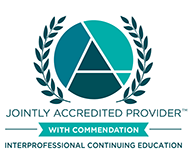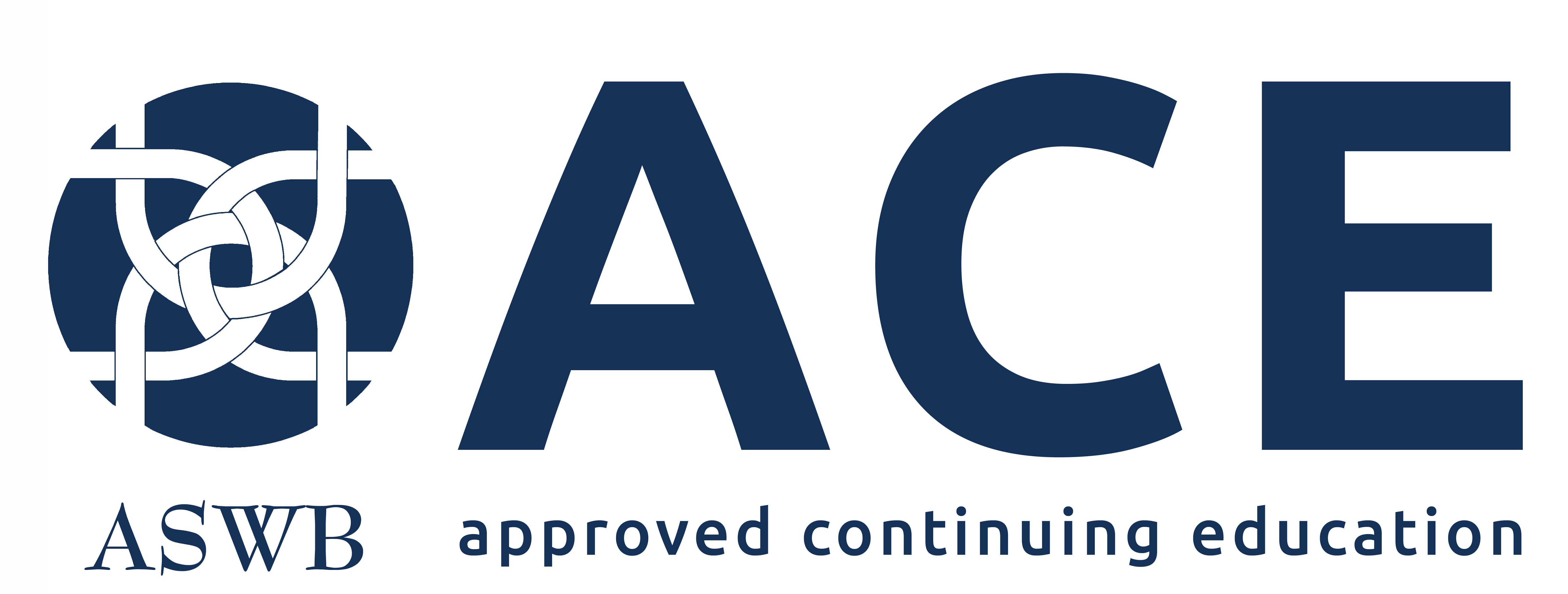- Julie Martinelli
- Engrith Rivera Figueroa
Series Overview
Milwaukee AHEC is hosts a series of professional development opportunities to expand our Community Health Worker Training (CHW) program. During each session, participants expand their learning in public health care concepts such as health promotion, chronic disease education and prevention, skill development (Motivational Interviewing, boundaries setting), and how CHW can be an intricate, and valuable addition to a successful healthcare team.
Intended Audience
RN, Social Workers, Patients/Caregivers, and Community Health Workers
Planning Committee
| Engrith Rivera, Chair | Julie Martinelli, Coordinator | Glenda Sundberg, NP | Rachel Castillo, APSW |
Accreditation
Accreditation Statement
 | In support of improving patient care, this activity has been planned and implemented by the University of Wisconsin-Madison ICEP and the Milwaukee Area Health Education Center. The University of Wisconsin–Madison ICEP is jointly accredited by the Accreditation Council for Continuing Medical Education (ACCME), the Accreditation Council for Pharmacy Education (ACPE), and the American Nurses Credentialing Center (ANCC) to provide continuing education for the healthcare team. |
Credit Designation Statements
| American Nurses Credentialing Center (ANCC) | |
| The University of Wisconsin–Madison ICEP designates this live activity for a maximum of 1 ANCC contact hour. | |
| ASWB Approved Continuing Education (ACE) | |
 | As a Jointly Accredited Organization, the University of Wisconsin–Madison ICEP is approved to offer social work continuing education by the Association of Social Work Boards (ASWB) Approved Continuing Education (ACE) program. Organizations, not individual courses, are approved under this program. Regulatory boards are the final authority on courses accepted for continuing education credit. Social workers completing this course receive 1 general continuing education credits. |
| Continuing Education Units | |
| The University of Wisconsin–Madison ICEP, as a member of the University Professional & Continuing Education Association (UPCEA), authorizes this program for 0.1 continuing education units (CEUs) or 1 hours. | |
POLICY ON FACULTY AND SPONSOR DISCLOSURE
It is the policy of the University of Wisconsin–Madison Interprofessional Continuing Education Partnership (ICEP) to identify, mitigate and disclose all relevant financial relationships with ineligible companies* held by the speakers/presenters, authors, planners, and other persons who may influence content of this accredited continuing education (CE). In addition, speakers, presenters and authors must disclose any planned discussion of unlabeled/unapproved uses of drugs or devices during their presentation. For this accredited continuing education activity, all relevant financial relationships have been mitigated and detailed disclosures are listed below.
* Ineligible companies are those whose primary business is producing, marketing, selling, re-selling, or distributing healthcare products used by or on patients. The ACCME does not consider providers of clinical service directly to patients to be ineligible companies.
Detailed disclosures will be available prior to the start of the activity.
Disclosures for Planning Committee
Competencies
NAM/NURSING COMPETENCIES
Provide Patient/Person-Centered Care
Population Health
INTERPROFESSIONAL EDUCATION COLLABORATIVE COMPETENCIES
Roles/responsibilities
Interprofessional Communication
DIVERSITY, EQUITY, AND INCLUSION COMPETENCIES
Address Health Disparities
Value Diversity in the Clinical Encounter
Additional Activity Goals
| JAC 18 | JAC 19 |
IP — Competence
As a result of participating in this training, CHWs and other members of the healthcare team will be able to:
- Serve as part of the interprofessional healthcare team of an individual and/or family in the community, with a focus on how they enhance and complement the team through effective communication and operating within their roles/responsibilities within the patient-centered care model
- Address Social Determinants of Health and increase diversity and distribution of health professionals to support and serve marginalized communities
- Expand their knowledge on various topics to educate the community they serve

 Facebook
Facebook X
X LinkedIn
LinkedIn Forward
Forward